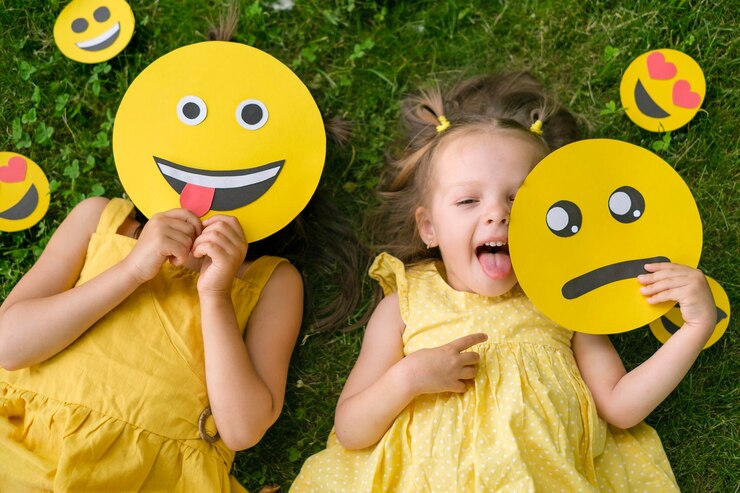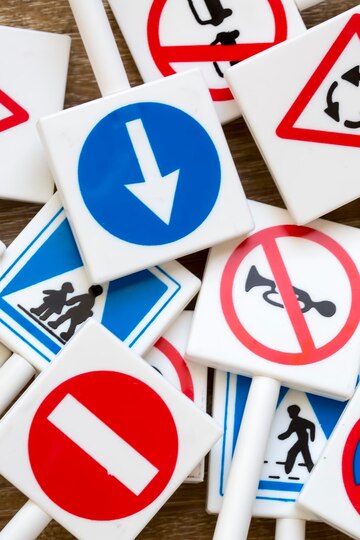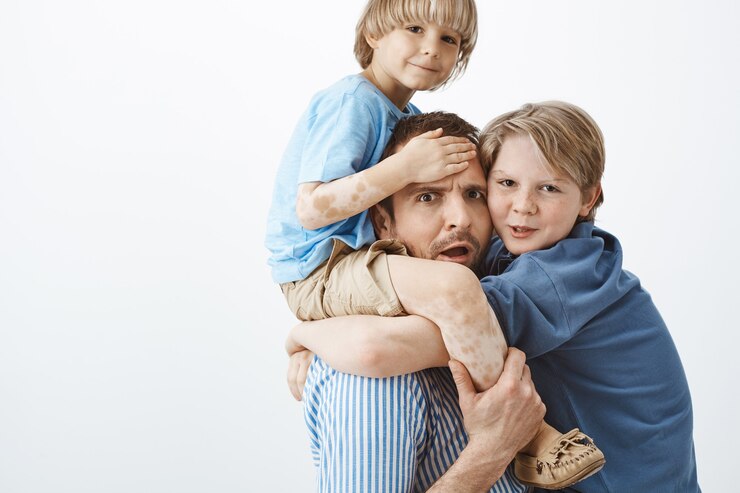- Details
- Category: 3-6 yo
 My child is very angry these days. How can I understand what is going on?
My child is very angry these days. How can I understand what is going on?
...spontaneous drawings can help reveal inner emotions, fears, worries
... read a story together that talks about anger (and emotions in general) or even invent a story together, taking turns to add plot and characters so that the child's fears are acted out
... address the subject of anger openly, in a relaxed dialogue that is more about listening than responding or explaining ... depending on the age of the child.
How
- Details
- Category: 3-6 yo
 But he is so small and already must feel limited? What if he experiences a trauma?
But he is so small and already must feel limited? What if he experiences a trauma?
We often hear this from parents ... and so I ask you: but to walk, did he not learn by steps: first to crawl, then the first steps, falling and getting up again and again ... until he could run.
And tell me: in your opinion, could he run without going through the intermediate steps?
I think not.
This example is to say that training in small steps is necessary to reach the final goal.
And the same goes for limits
- Details
- Category: 3-6 yo
 Children - like us adults - encounter small or large frustrations every day because it is not possible, in real life, to have or do what you want all the time, to get everything right away!
Children - like us adults - encounter small or large frustrations every day because it is not possible, in real life, to have or do what you want all the time, to get everything right away!
It is important then, dear parents, that children can train tolerance to them. Let children be able to cope with them, starting with the small ones (but therefore within their reach) because avoiding our children every little frustration makes them fragile and insecure, and that is very dangerous.
"By
- Details
- Category: 3-6 yo
Jealousy between siblings
 First of all, dear parents, we would like to reassure you that jealousy is an absolutely normal feeling in children (and not only) and is partly irrational: no matter how sure we may be of the affection of the person who is the object of our desire, the atavistic fear of loss remains within us.
First of all, dear parents, we would like to reassure you that jealousy is an absolutely normal feeling in children (and not only) and is partly irrational: no matter how sure we may be of the affection of the person who is the object of our desire, the atavistic fear of loss remains within us.
How, then, to deal with it?
The first, direct answer we can give you is: together! Do not leave your child alone to face his or her 'demons'.
Whether it is jealousy due to the


